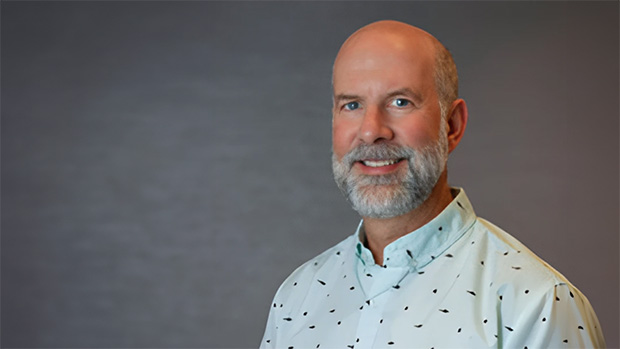Lab Members
Director

Todd Parrish, PhD
Professor of Radiology (Basic & Translation Radiology Research), McCormick School of Engineering and Physical Therapy & Human Movement Sciences
PhD in Biophysics from University of Minnesota
MS/BS in Biomedical Engineering from Case Western Reserve University
View Parrish's Faculty Profile
Research InterestsResearch Team

Jennie Yufen Chen, PhD
Research Assistant Professor of Radiology (Basic & Translational Radiology Research)
PhD, Biomedical Engineering, Northwestern University
Research Interests
Students

Suvarna Badhe
Clinical Research Associate
MBBS from Padmashree Dr. D.Y. Patil Medical College, Mumbai, India
Research interests and current projects
Ellen Fitzmorris, BS
Doctoral Student, Communication Sciences & Disorders
PhD, Communication Sciences & Disorders Northwestern University
BS in Neuroscience, German minor University of California Los Angeles

Xiaowei Song
Neuroimaging Programmer
Zhengzhou University, Automation
Beijing Normal University, Neuroimaging

Kenneth Weber, DC, PhD
Past Graduate Student, Interdepartmental Neuroscience Program
Doctor of Philosophy in Neuroscience, Northwestern University
Doctor of Chiropractic, Palmer College of Chiropractic Florida
Bachelor of Science in Biology, Saginaw Valley State University
Administration

Brian Williams, BSN, RN
Bachelor of Science in Nursing, Lewis University (RN)
Bachelor of Arts in Biological Sciences, The University of Chicago